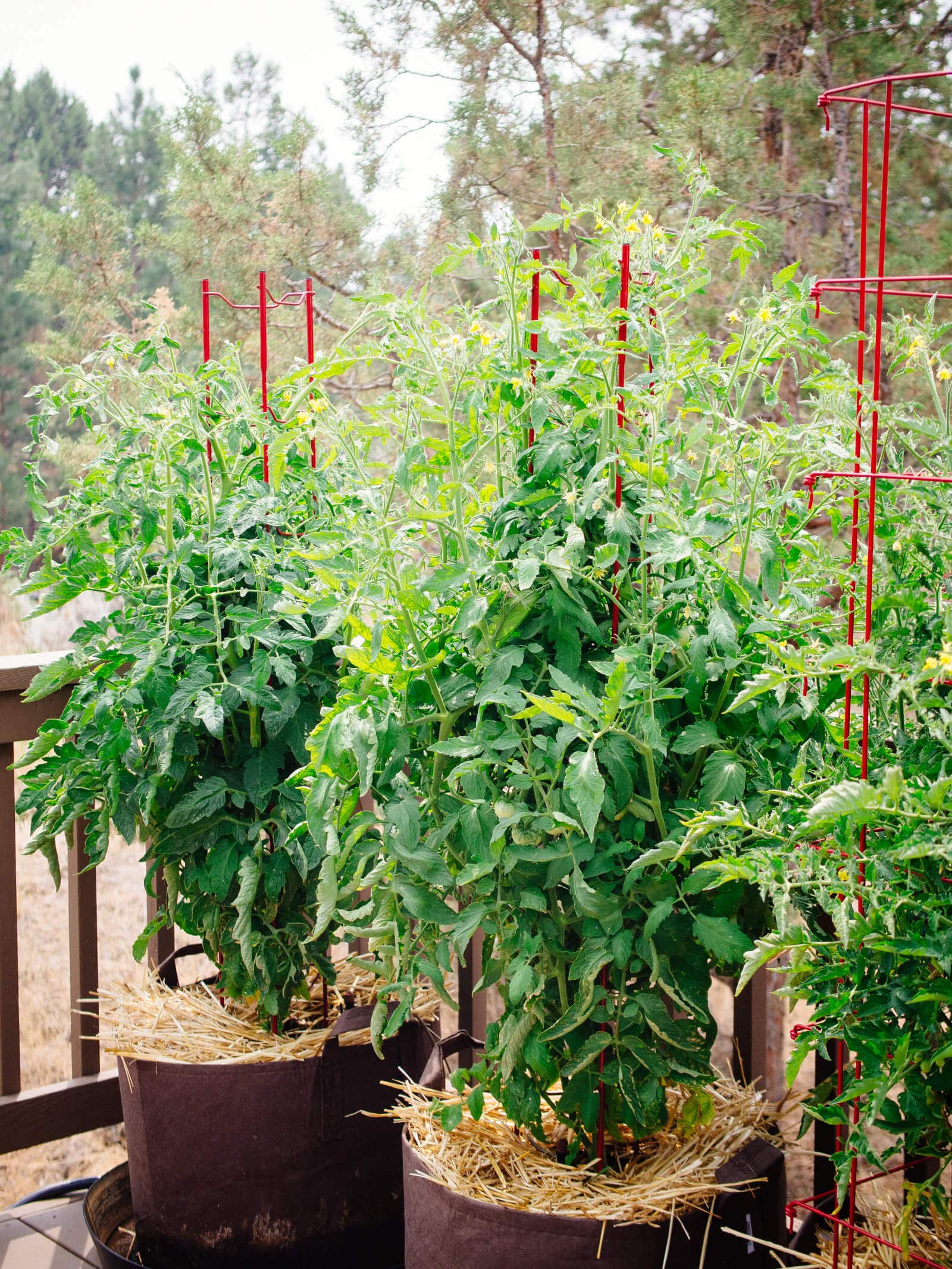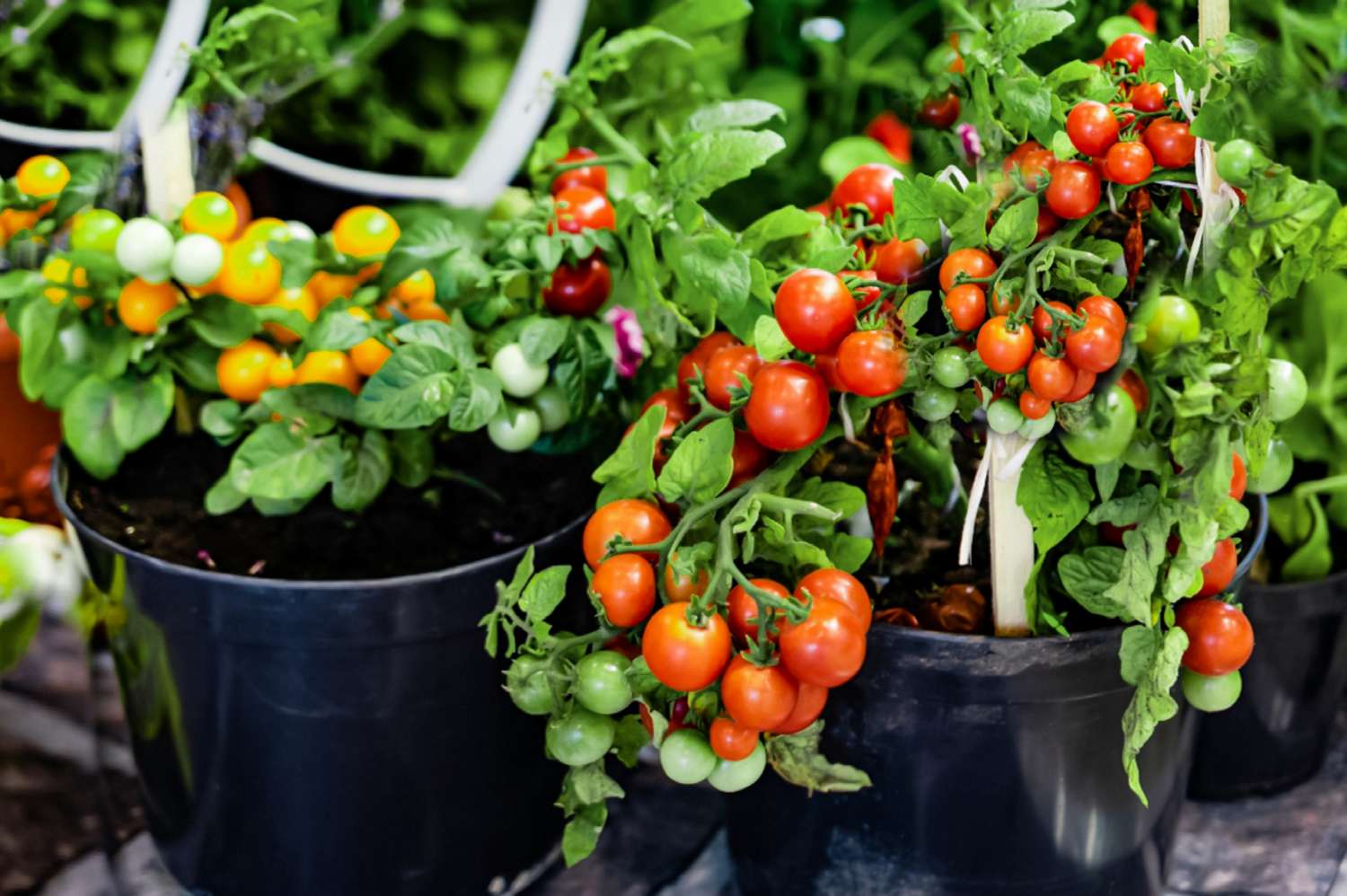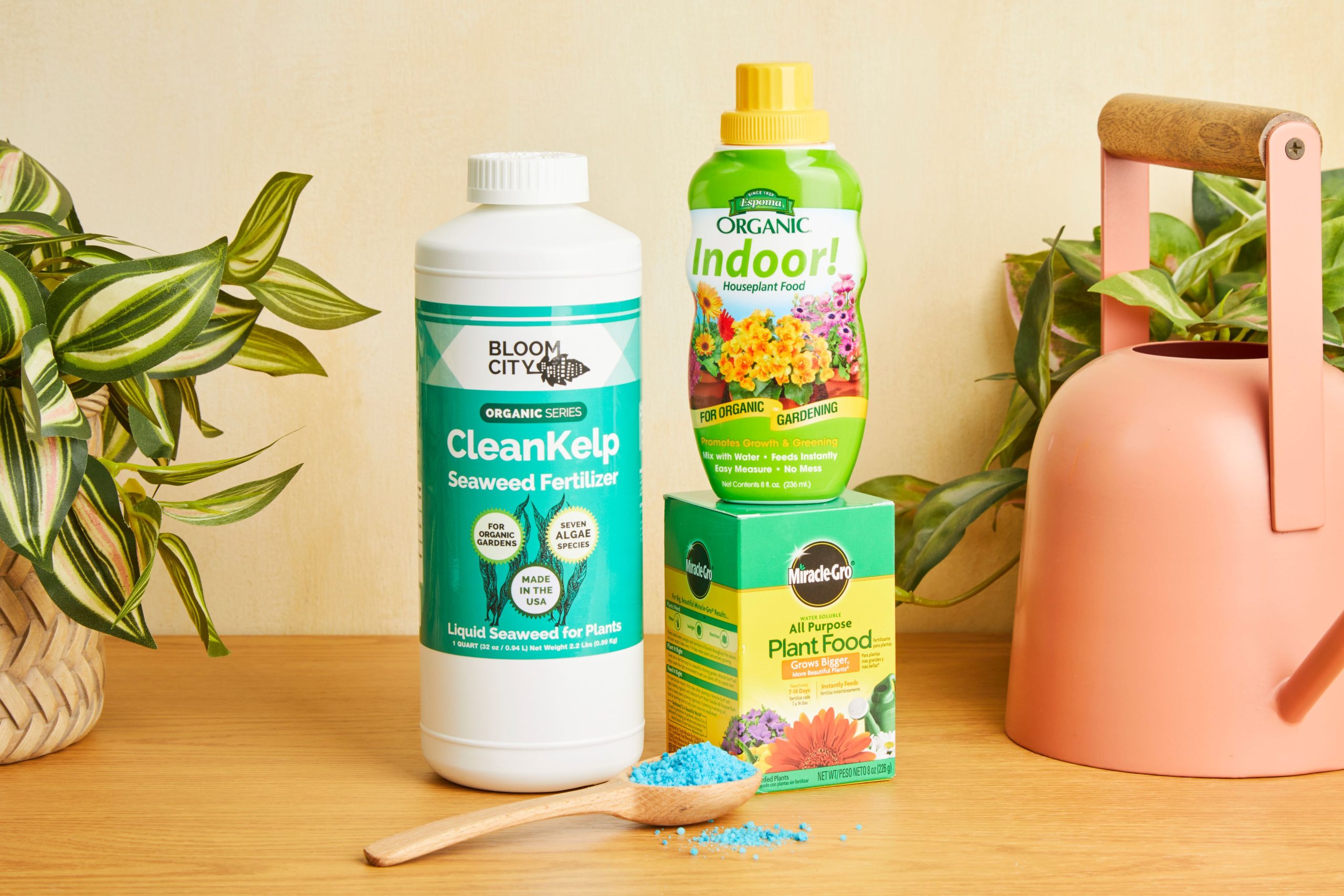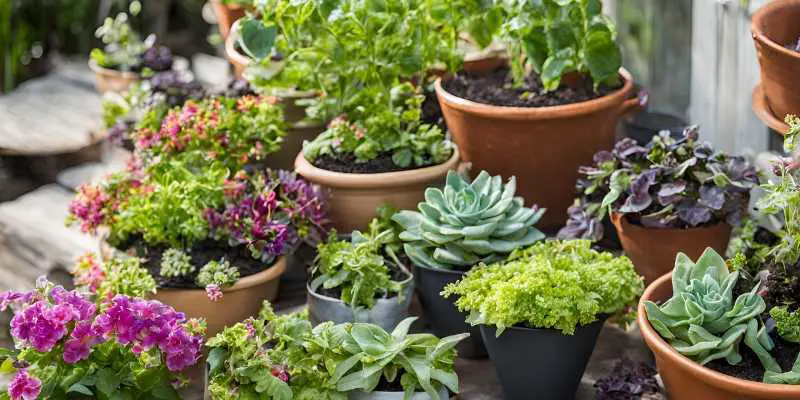Tomatoes thrive in pots. They’re perfect for small spaces and patios.
Planting potted tomatoes is easy and rewarding. Potted tomatoes let you control soil, water, and sunlight. This method suits both beginners and seasoned gardeners. You don’t need a large garden to enjoy fresh tomatoes. With the right approach, potted tomatoes can yield a bountiful harvest.
This guide will help you plant and care for your potted tomatoes. Learn the best tips and tricks to grow healthy, juicy tomatoes. Ready to get started? Let’s dive into the essentials of planting potted tomatoes. Your journey to fresh, homegrown tomatoes begins here.
Choosing The Right Tomato Variety
Heirloom tomatoes have unique flavors and colors. They are often more flavorful. They grow from seeds passed down through generations. Hybrid tomatoes are bred for specific traits. They can be more disease-resistant. They often have higher yields. Heirloom varieties may be more delicate. Choose based on your taste preference and growing conditions.
Determinate tomatoes grow to a set size. They produce fruit all at once. These are good for small spaces or containers. Indeterminate tomatoes keep growing. They produce fruit over a longer period. These need more support and space. Choose determinate for compact growth. Choose indeterminate for continuous harvest.

Credit: gardenbetty.com
Selecting The Perfect Pot
A large pot is essential for growing healthy tomatoes. Choose a pot at least 18 inches deep. This depth allows roots to spread well. Pots should have a diameter of 14 inches or more. This provides enough space for growth.
Plastic pots are light and inexpensive. They retain moisture well. Clay pots are heavier but offer better air circulation. Remember to check for drainage holes. This prevents water from pooling and causing root rot.
Optimal Soil Mix
Tomatoes need a rich soil mix to grow well. The mix should have organic matter like compost. This helps in providing essential nutrients. Soil should also be well-drained. Too much water can harm the roots. Use a mix of potting soil, peat moss, and perlite. These ingredients help in retaining moisture and improving drainage.
Making your own soil mix can be fun. Here are some easy recipes:
| Recipe | Ingredients |
|---|---|
| Basic Mix | 1 part compost, 1 part peat moss, 1 part perlite |
| Advanced Mix | 2 parts potting soil, 1 part compost, 1 part sand |
Planting Techniques
Using seedlings can save time. These young plants are ready to grow. They need less care than seeds. Seeds, on the other hand, are cheaper. You can start many at once.
Depth and Spacing are key. Plant seeds 1/4 inch deep. Space seedlings 24 inches apart. This allows roots to spread. Proper spacing helps plants get enough nutrients.
Watering Best Practices
Water potted tomatoes deeply and consistently. Ensure the soil remains moist but not waterlogged. Use a drip system for best results.
Frequency And Amount
Tomatoes need regular watering. Water them every 2-3 days. Check the soil. It should be moist but not soggy. Use your finger to test. Insert it into the soil. If it feels dry, water the plant.
Avoiding Overwatering
Overwatering can harm your tomato plants. Ensure proper drainage. Water early in the morning. This helps the soil to dry during the day. Observe the leaves. Yellow leaves can be a sign of overwatering. Adjust your watering schedule as needed.
Fertilizing For Growth
Organic fertilizers come from natural sources. They include compost, manure, and fish emulsion. These options improve soil health over time. They release nutrients slowly, feeding plants steadily. Synthetic fertilizers are man-made. They deliver nutrients quickly. This gives plants a fast boost. But, they do not improve soil health.
Fertilize tomatoes at planting time. Use a balanced mix. Feed them again after the first fruits form. Repeat every few weeks. This keeps plants healthy and strong. Avoid over-fertilizing. It can harm plants. Always follow the package directions.
Supporting Your Tomato Plants
Planting potted tomatoes requires sturdy support. Use cages or stakes to keep plants upright and healthy. This helps with growth and fruit production.
Stakes And Cages
Tomato plants need support to grow well. Stakes and cages are two popular options. Stakes are long sticks you place next to the plant. Tie the tomato plant to the stake as it grows. Use soft ties to avoid damaging the plant. Cages are wire structures placed around the plant. They give more support and need less tying. Choose the support that fits your space and needs.
Pruning Techniques
Pruning helps tomato plants grow stronger. Remove the small shoots between the main stem and branches. These are called suckers. Suckers take energy from the plant. Removing them helps the plant focus on growing fruit. Prune regularly to keep the plant healthy. Use clean, sharp tools to avoid spreading disease.

Credit: bonnieplants.com
Pest And Disease Control
Tomato plants often attract aphids, whiteflies, and spider mites. These pests can damage the leaves and fruits. Aphids are tiny insects that suck sap from plants. Whiteflies are small, white insects found under leaves. Spider mites create webs and cause leaves to yellow. Regularly check your plants to spot these pests early. Use a magnifying glass if needed.
Natural remedies can help keep pests away from your tomatoes. Neem oil is a safe and effective option. Spray it on your plants to deter pests. Garlic spray is another natural solution. Mix garlic with water and spray on leaves. Ladybugs can also help. They eat aphids and other small pests. Planting marigolds near tomatoes can repel whiteflies and nematodes. Always check your plants regularly to keep them healthy.
Harvesting Tips
Tomatoes are ready when they are bright red. They should feel firm but not hard. A slight squeeze should give a bit. The skin should be smooth and glossy. Green shoulders may mean it’s not ready. Check daily for best results.
Use gentle hands to pick tomatoes. Hold the fruit and twist gently. The stem should break off easily. Avoid pulling hard to not damage the plant. Use scissors if needed. Harvest in the morning for best flavor. This helps the plant stay healthy.
:max_bytes(150000):strip_icc()/tips-for-growing-tomatoes-in-containers-848216-06-41ce3f715bd74adc94a18d6cbae3bf7c.jpg)
Credit: www.thespruce.com
Frequently Asked Questions
How Do You Prepare Soil For Potted Tomatoes?
Start with high-quality potting mix and add compost. Ensure the soil is well-draining and nutrient-rich.
What Size Pot Is Best For Tomatoes?
Use a pot at least 18 inches in diameter. Larger pots provide more room for root growth.
How Often Should You Water Potted Tomatoes?
Water tomatoes daily, especially in hot weather. Ensure the soil remains consistently moist but not waterlogged.
What Type Of Fertilizer Should You Use?
Use a balanced, slow-release fertilizer. Tomato-specific fertilizers with higher phosphorus content work well.
Conclusion
Planting potted tomatoes can be easy and rewarding. Follow these simple tips. Choose the right pot and soil. Water regularly but don’t overdo it. Ensure the plants get enough sunlight. Use stakes or cages to support growth. With care, you’ll enjoy fresh tomatoes soon.
Happy gardening!

My mission is to help you bring the beauty of nature indoors with expert advice, detailed plant care guides, and creative design ideas.





Leave a Reply